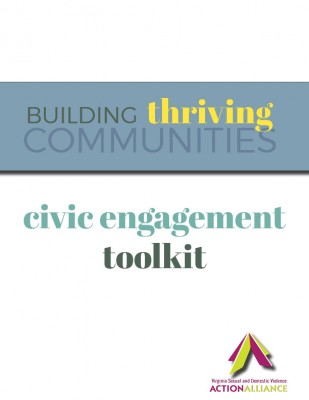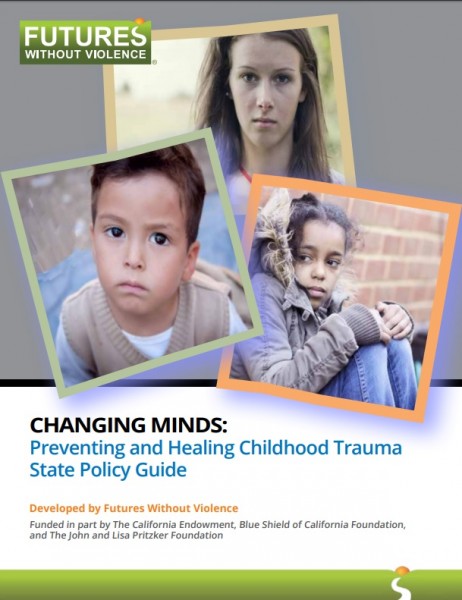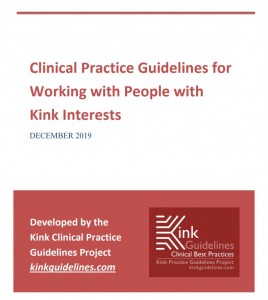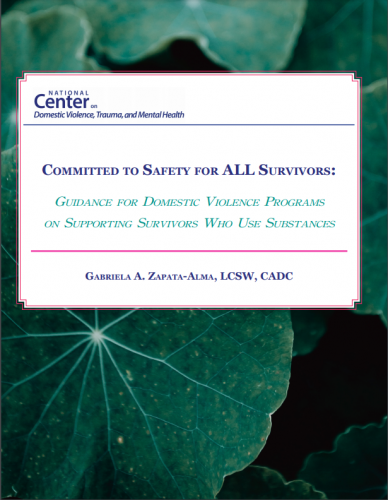Resources Library: Model Policies & Best Practices
Start a Search:
Building Thriving Communities Toolkit

A toolkit to help unlock the power of individuals and communities to create a world in which all of us thrive.
The Building Thriving Communities: Civic Engagement Toolkit seeks to transform Virginia communities by increasing public participation in voting for candidates who align with their values and other means of civic engagement that promotes healthy futures.
Download the entire toolkit all at once to find all of these resources (below) designed to support you in increasing community engagement with voting, the formation of public policy, and becoming active participants in democracy. Or you may download the handouts and guides separately.
The core component of the campaign is to build authentic connections between people, across differences, and around issues that make communities healthy, safe, just, and compassionate for all.
This is a long-term campaign that draws upon the strength of the movements to end domestic and sexual violence: each person having a voice that is valued and respected, sharing stories as a tool for building understanding and mobilizing action, and empowering individuals and groups to bring about change in their own lives, in communities, and in the world.
The toolkit provides educational resources on civic engagement and strategies to engage communities and candidates.
Toolkit features:
- * guide for facilitating community conversations around civic engagement;
- * questions for candidates to build trauma-informed communities and systems;
- * legislative advocacy guide;
- * voting basics handout;
- * print-ready posters to encourage voting for a #radicallyhopefulfuture;
- * print-ready handout about why voting matters.
CHANGING MINDS: Preventing and Healing Childhood Trauma State Policy Guide

From a national stakeholders gathering of state and local leaders, federal partners, philanthropy, and others, this guide was developed to address how health, education, child welfare, justice, and child development organizations can further the prevention and healing of childhood trauma at the state level.
The objectives for this state policy guide are to outline approaches that can be adapted based on a state’s circumstances and community needs, and address the reality that children grow up and develop in the context of their families, communities, and cultures. Let’s work to prevent and end childhood trauma together.
Click here to access this resource from Futures Without Violence.
Clinical Practice Guidelines for Working with People with Kink Interests

The lack of training and education about kink sexualities and the stigma attached to these interests have resulted in a lack of culturally competent treatment of this oppressed group. The gap calls for the clinical fields to address this unmet need as part of professional ethics and responsibility. Clinical practice guidelines assist healthcare practitioners by identifying high quality services and desirable professional practices. The Clinical Practice Guidelines for Working with People with Kink interests (hereafter referred to as “Kink Clinical Practice Guidelines”) are intended to outline the knowledge, skills, and attitudes important for providing culturally competent care to the population of people who are involved in kink, both kink-identified patients and those involved in kink who do not adopt that identity. Clinical practice guidelines are recommendations, not mandatory requirements. The Kink Clinical Practice Guidelines are not standards of care, nor should they be used to exclude any healthcare provider from practicing in a particular area. The Kink Clinical Practice Guidelines are proposed to improve the care, and minimize harm to the kink community, an underserved
and vulnerable population.
Developed by the Kink Clinical Practice Guidelines Project, December 2019
Committed to Safety for ALL Survivors: Guidance for Domestic Violence Programs on Supporting Survivors Who Use Substances

Domestic and sexual violence can have significant effects on one’s health and mental health, including increased risk for substance use concerns. In addition to using substances in order to cope with experiences of violence, survivors of substance use coercion may also be coerced to use substances, face increased violence if they do not use substances, and have their attempts to engage in treatment and recovery sabotaged by an intimate partner or ex-partner. At the same time, many advocates feel unprepared to help survivors address concerns related to substance use and substance use coercion, resulting in increased barriers and risk of revictimization.
Committed to Safety for ALL Survivors assists programs and advocates in supporting survivors who use substances by providing practical strategies embedded within an accessible, culturally responsive, and trauma-informed (ACRTI) approach.
Download the guidance document below, or for additional resources, visit The National Center on Domestic Violence, Trauma, and Mental Health (NCDVTMH).
Comprehensive Model Policy on Transgender Students for Four-Year Colleges and Universities
This policy addresses the best practices for four-year colleges and universities regarding enrollment, policy implementation, admissions, programs, facilities, safety, and so much more. To create this policy, Trans Student Educational Resources consulted with dozens of students, community members, and faculty over the course of a year. The policy language in this document has been written so it can easily be copied and enacted by the appropriate governing council of each institution.
For more, visit the Trans Student Educational Resources website here.

